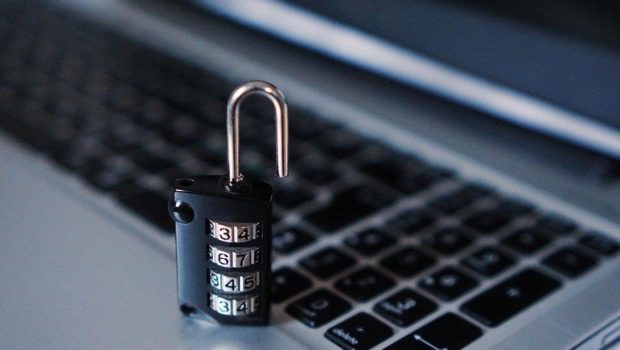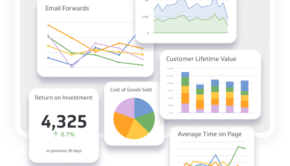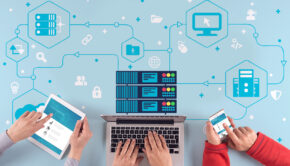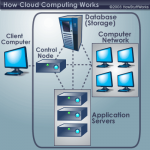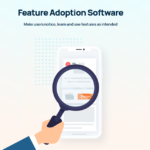Computer Security Tips for Working Remotely
A lot more people are working remotely from home than ever before. It definitely has its benefits; you can enjoy more freedom during the day and choose the hours that you work. But there are some downsides that you need to acknowledge too. For example, you are responsible for the security of company data that is stored or accessed from your computer. If you are new to working remotely, or feel that you should secure your devices, here are some tips you can follow.
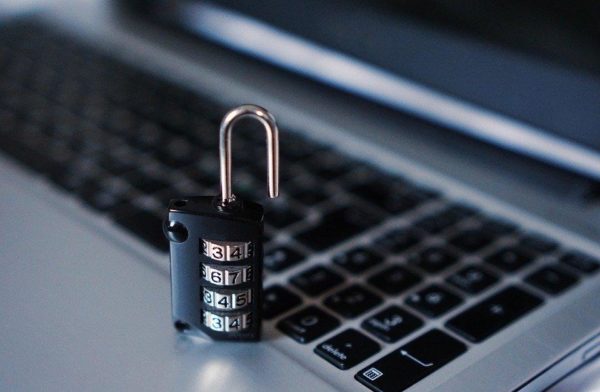
Image source: Pixabay
Ensure Operating System are Up-to-Date
Most computer operating systems alert you when there are updates you can install. But we are all guilty of ignoring them and saying that we will install them another day. If you are working remotely, you have more than just your own computer to protect. You have to think about your company too.
So, when you get a notification for an operating system update, make sure that you do this as soon as possible. This is going to make sure that you are protected when you are working from home. The updates often contain better versions of the operating system once new vulnerabilities are detected.
Install a Trusted Antivirus Program
When you work in an office, you do not consider the steps that your company has taken to secure their computers. But they use a range of measures to ensure that security of data is robust. Suddenly, when you are working remotely, this responsibility falls to you.
The biggest threats are going to be viruses and malware. You need to ensure that you have protection on your computer to stop any damage to your computer or having any company data stolen. The best way to do this is to install an antivirus program. This is going to keep you safe when you are online.
Of course, you want to ensure that you choose trusted antivirus software so that it can keep you safe. You are going to have to do your research to find the best one. You may also have to pay for some programs. Use the internet to learn about different options. For example, in this McAfee antivirus review, you will be able to read a full overview of the product, complete with the pros and cons, so you can make an informed decision as to whether this is a suitable AV for your current set up. McAfee offers different antivirus editions ranging from the basic personal one all the way to the most advanced ones for business use. Going through this Mcafee antivirus version comparison article will help you choose the edition that is best for your needs.
Secure Your Router
When you are logged into your home WiFi, have you thought about how secure your connection is? Sure, you have a login and password. But have you actually changed it to something other than the default? This is an action you should take when you are working from home. There are some bad stories about hackers getting into routers and being able to spy on what you do and steal sensitive information. This is the last thing you want when you have access to your company’s data.
Watch Email Attachments
We all know that email attachments can contain malicious malware that will cause problems with your computer. But when you are working remotely, you have to be extra careful what you open. You no longer just have yourself to protect. Therefore, make sure that you avoid opening email attachments where you do not know the sender.
If you are exchanging documents with others, use shared drives rather than emails. This will avoid opening an attachment by accident thinking that you know what the file is. Hackers are becoming more sophisticated and they can make an attachment look legitimate. You have to be always on your guard. A shared drive allows you to safely send documents back and forth between colleagues when you work from home. Plus, it is quick and easy.

